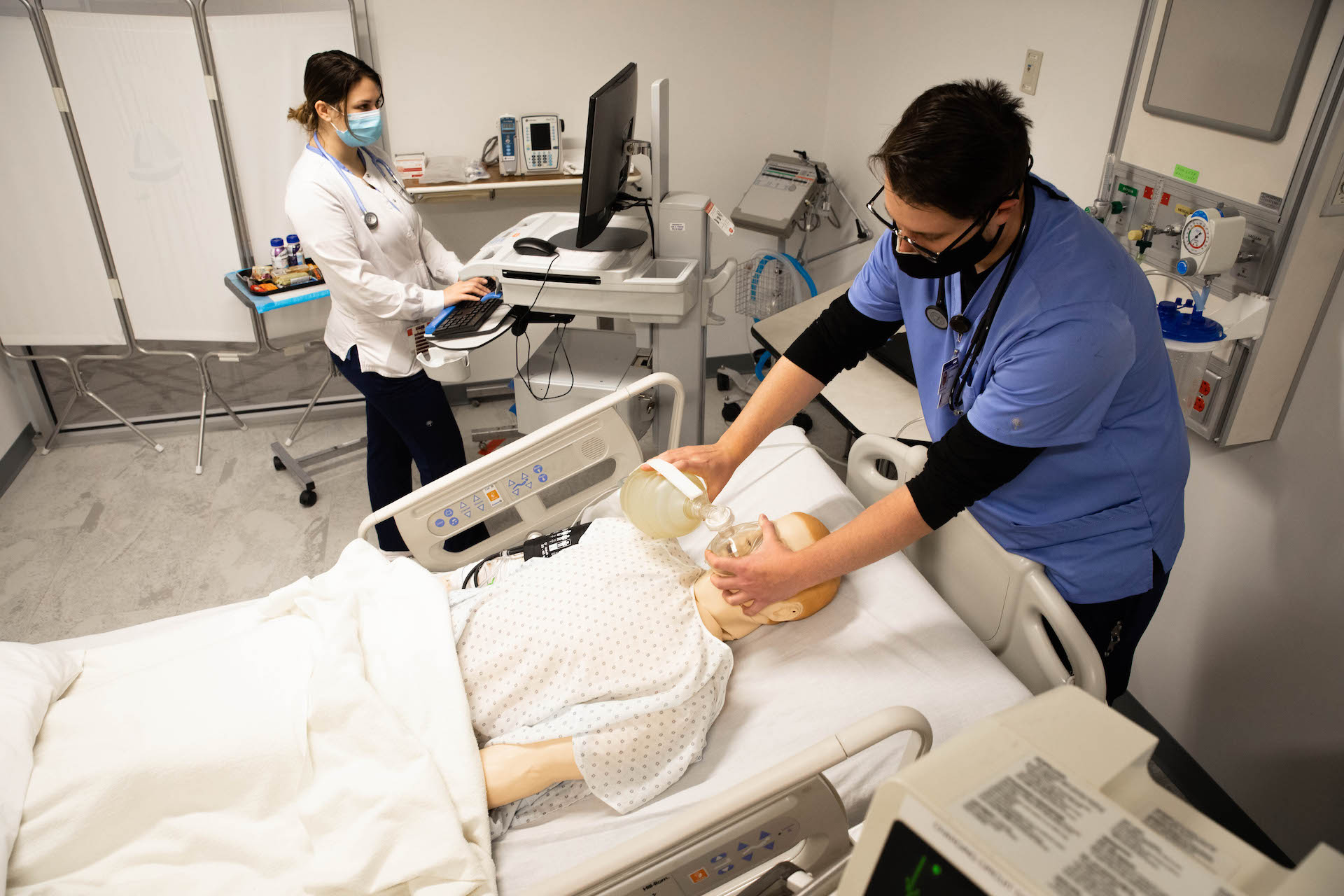Career Information
The Field of Practical Nursing
Practical Nursing is a rapidly growing profession with tremendous needs for caring, well-qualified individuals. Employment of Licensed Practical Nurses is projected to grow 12% through 2026, much faster than the average for all occupations. (Source: US Bureau of Labor Statistics)
The need for nurses is at an all-time high, with a 30% shortage of PA nurses predicted through 2026.
Many factors are responsible for the growing need for practical nurses. These factors include Baby Boomer population aging and living longer, increase rates of chronic conditions such as obesity and diabetes, shorter hospital stays which increase home health care needs, current work force retiring, and expansion of outpatient care centers.
What Does a Practical Nurse Do?
Licensed Practical Nurses (LPN’s) are an integral member of the health care team. They participate in the planning, implementation and evaluation of nursing care based on preparation, knowledge, skill and understanding of various nursing situations. LPN’s provide for the physical comfort, emotional well-being, and safety of patients while performing specialized nursing skills.
Overall, LPN’s perform many of the same nursing skills as an RN. However, depending on individual state policies, they may not be permitted "push” intravenous medication or blood products.
The functions of the LPN include:
- Implementing complete patient care
- Monitoring vital signs, lab values, patient status
- Monitoring and maintaining catheters, feeding tubes, IV’s
- Dressing and suturing wounds
- Administering medications and therapeutic treatments
- Assisting with rehabilitation
- Completing accurate documentation
- Working with members of the health care team to develop care plans and treatment plans
Advancement
In some employment settings LPNs can advance to become charge nurses overseeing other LPNs and nursing assistants. LPNs may choose to become Registered Nurses through numerous LPN to RN education programs.
Employment
LPN’s make up the vast majority of nursing staff in the United States, and work in a variety of health care settings. Examples of these settings are:
- Long Term Care Facilities
- Rehabilitation Facilities
- Physician Offices
- Home-Health Care
- Employees Health
- Residential Care
- Community Mental Health Centers
- Detox Agencies
- Outpatient Care Facilities
- Urgent Care Facilities
- Ambulatory Care Facilities
- Hospitals
- Schools
- State and Local Government Agencies
- Travel Nursing
- Indirect Patient care remote work such as:
- Data Abstraction
- Remote Patient Monitoring
- Utilization Management
- Insurance Verification
- Phone Triage
